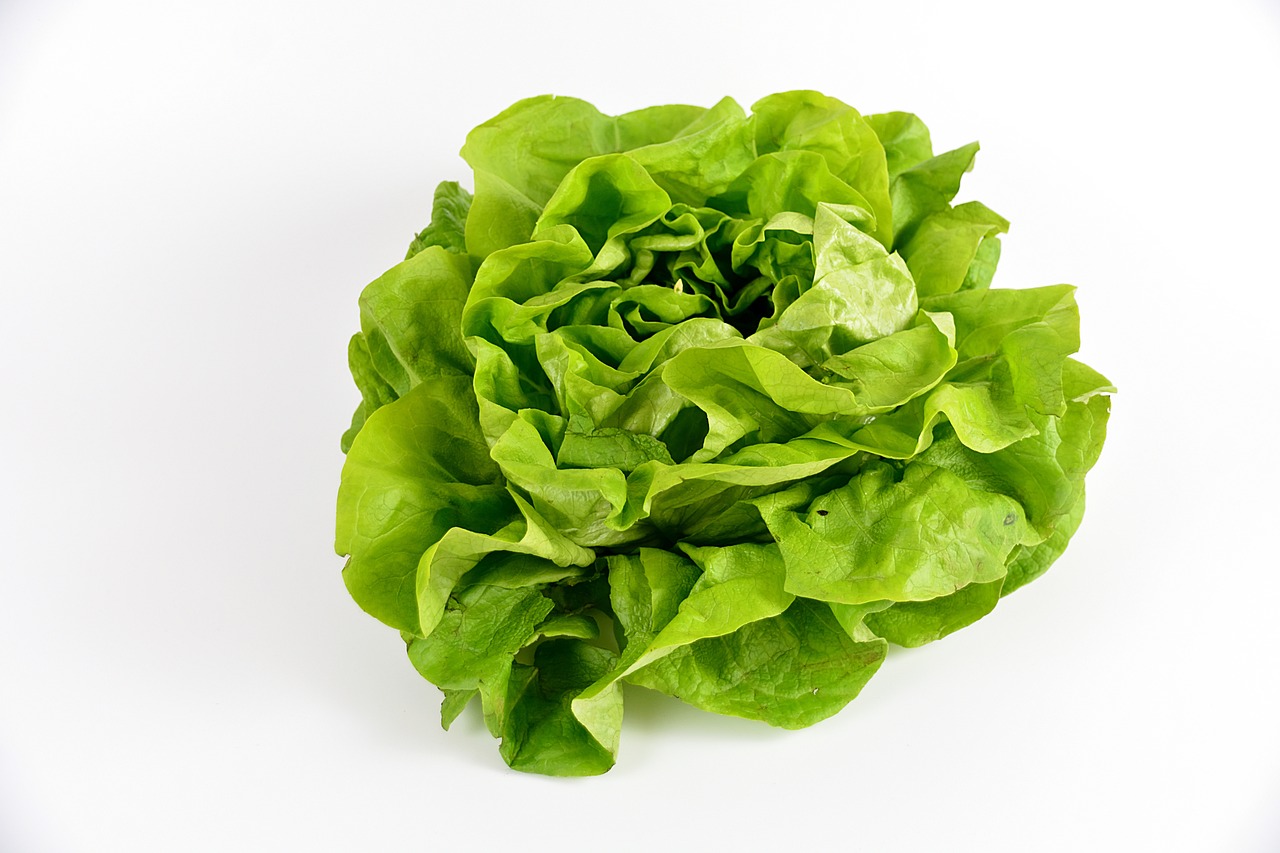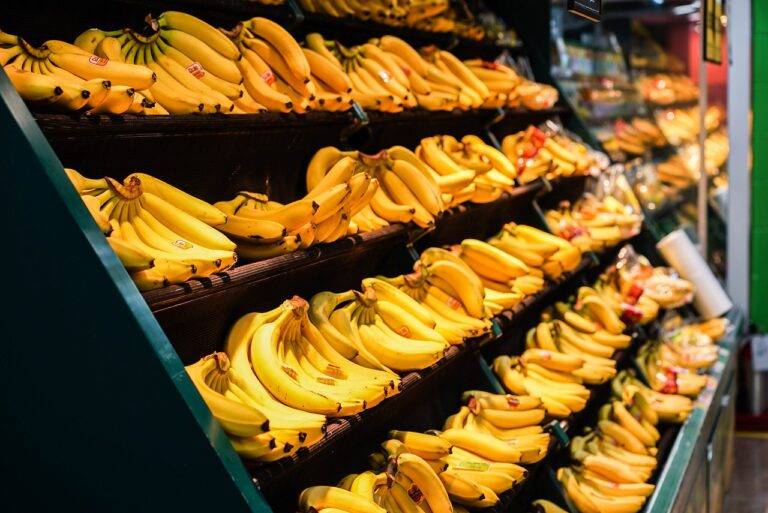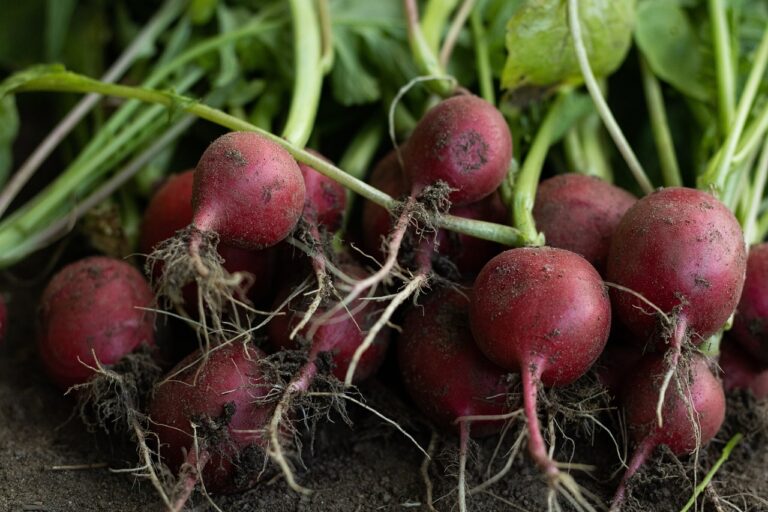The Influence of Meat Consumption on Sustainable Food Production: Sky247, Gold365 login, Gold 365 site sign up
sky247, gold365 login, gold 365 site sign up: The influence of meat consumption on sustainable food production is a topic that has gained significant attention in recent years. As the global population continues to grow, the demand for meat has also increased, leading to various environmental and ethical concerns. In this article, we will explore the impact of meat consumption on sustainable food production and discuss potential solutions to create a more sustainable food system.
The Environmental Impact of Meat Production
One of the key issues surrounding meat consumption is its environmental impact. Livestock farming is a significant contributor to greenhouse gas emissions, with cows and sheep being particularly large producers of methane, a potent greenhouse gas. Additionally, livestock farming requires large amounts of water, land, and feed, putting pressure on natural resources and contributing to deforestation and habitat loss.
The ethical concerns surrounding meat consumption are also worth considering. Factory farming practices often involve overcrowded and unsanitary conditions for animals, leading to issues with animal welfare. The use of antibiotics in livestock farming can also contribute to the rise of antibiotic-resistant bacteria, posing a threat to human health.
Creating a More Sustainable Food System
To address the environmental and ethical concerns associated with meat consumption, there are several strategies that can be implemented to create a more sustainable food system. One approach is to reduce meat consumption and shift towards a more plant-based diet. Plant-based diets have been shown to have a lower environmental footprint and can help address issues such as climate change and deforestation.
Another strategy is to promote sustainable and regenerative farming practices. This includes practices such as rotational grazing, agroforestry, and the use of cover crops to improve soil health and sequester carbon. By supporting farmers who adopt these practices, we can help create a more sustainable food system that is beneficial for both the environment and communities.
Additionally, consumers can play a role in promoting sustainable food production by choosing products that are sourced ethically and sustainably. This includes looking for certifications such as organic, fair trade, or pasture-raised, which can help ensure that animals are raised humanely and that farmers are supported in their efforts to protect the environment.
The Benefits of Reducing Meat Consumption
Reducing meat consumption can have a range of benefits for both the environment and human health. By consuming less meat, we can reduce our carbon footprint, conserve water resources, and help protect biodiversity. Plant-based diets have also been linked to lower rates of chronic diseases such as heart disease, diabetes, and certain types of cancer, making them a healthier choice for individuals as well.
FAQs
Q: Can I still get enough protein on a plant-based diet?
A: Yes, you can get more than enough protein from plant-based sources such as beans, lentils, tofu, nuts, and seeds.
Q: Is pasture-raised meat more sustainable than conventionally raised meat?
A: Pasture-raised meat tends to have a lower environmental impact and higher animal welfare standards compared to conventionally raised meat.
Q: What are some tips for reducing meat consumption?
A: Start by incorporating Meatless Mondays into your routine, try out new plant-based recipes, and gradually reduce your meat intake over time.
In conclusion, meat consumption has a significant influence on sustainable food production, with implications for the environment, animal welfare, and human health. By shifting towards a more plant-based diet, promoting sustainable farming practices, and supporting ethical and sustainable food production, we can create a more sustainable food system that benefits both people and the planet.







